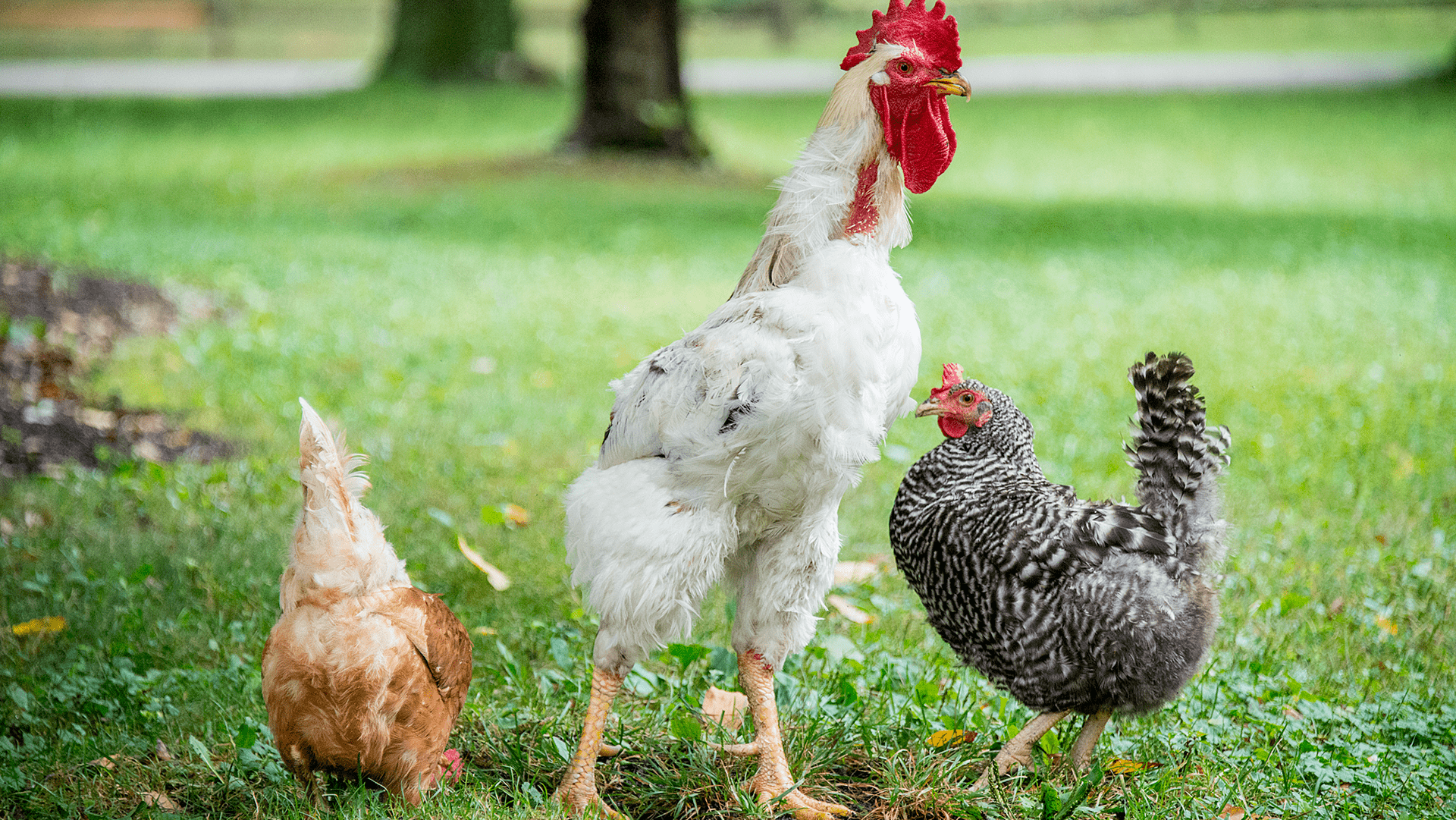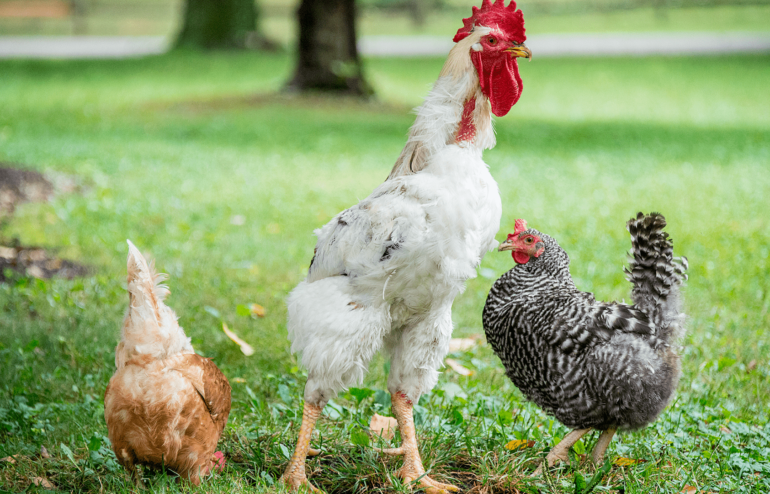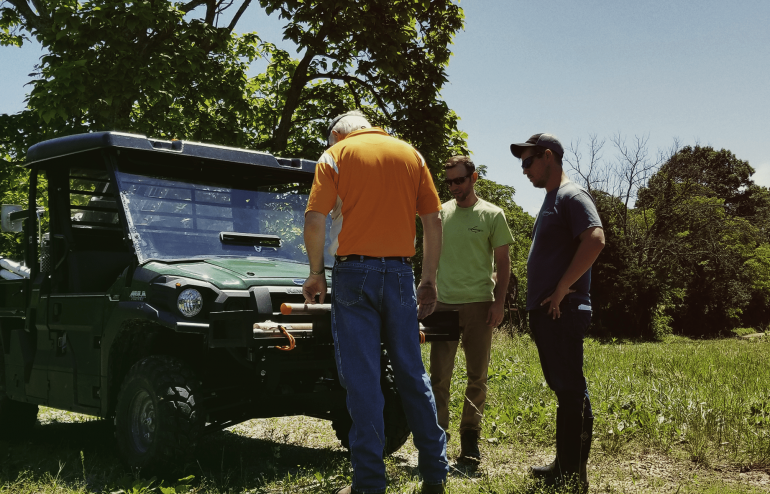We have been working with Dr. Keyser from University of Tennessee to come up with a work plan for our upcoming native warm season grass (NWSG) research collaboration. This is our first attempt at a field study of this scale and having Dr. Keyser’s experience to walk us through the details has been instrumental. The project will be a randomized controlled study with a 2×4 factorial arrangement and a split block design. The design will be replicated 4 times for a total of 32 experimental units…like I said, details. The study will take place at our Lewis Township property across a 10-acre area designated specifically for this project.
The timely purchase of the Lewis Township property has been a great benefit to this project for numerous reasons. First, with our livestock production at our Indian Hill site, taking 10 acres out of production for research could have caused issues for our livestock team (although they were incredibly supportive and willing to give it a go). Second, the poor state of the land at the Lewis Township property gives us an opportunity to collect some interesting secondary data within the 32 plots during the next three years. Ultimately with the level of detail in our data collection we may be able to make inferences between changes in soil health and the management of each plot (grazed vs ungrazed; herbicide vs no herbicide; nurse crop vs no nurse crop, etc). Prior to seeding next year we will collect baseline soil health data. The parameters that we will measure will be biological (Solvita CO2 respiration, phospholipid fatty acid (PLFA)), chemical (standard ), and physical (compaction, water infiltration, bulk density).



